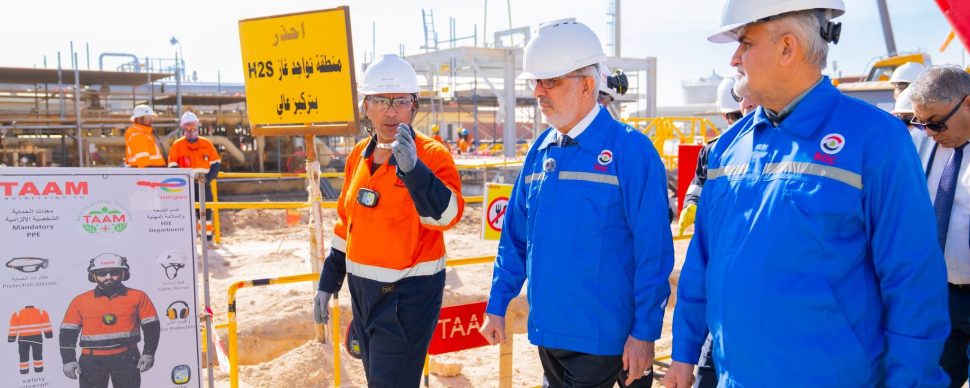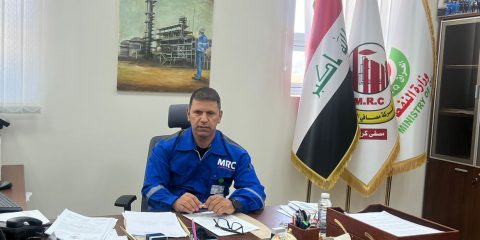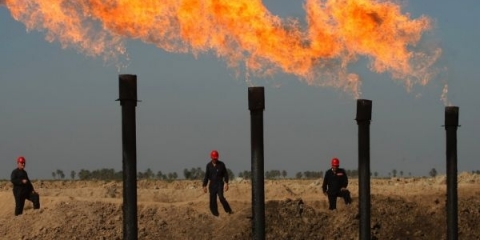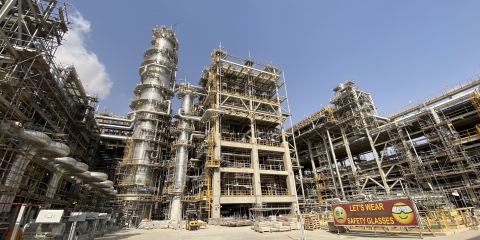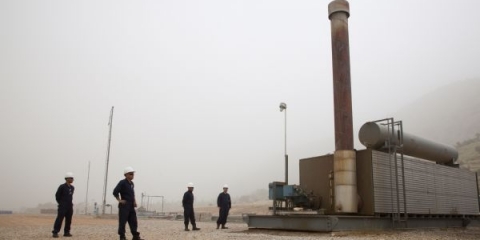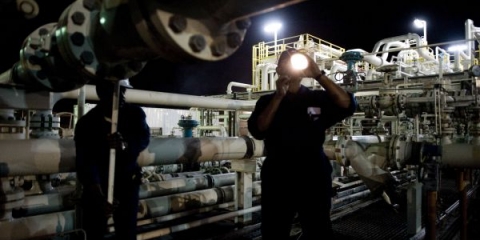Oil Ministry lawsuits against three IOCs operating in Kurdistan remain undecided as a KRG lawyer asks to join the proceedings as a third party.
January oil production inches higher despite Rumaila dip
Nationwide crude production increased by just over 50,000 bpd as state-operated Basra fields ramped up to compensate for a temporary decline at Rumaila.